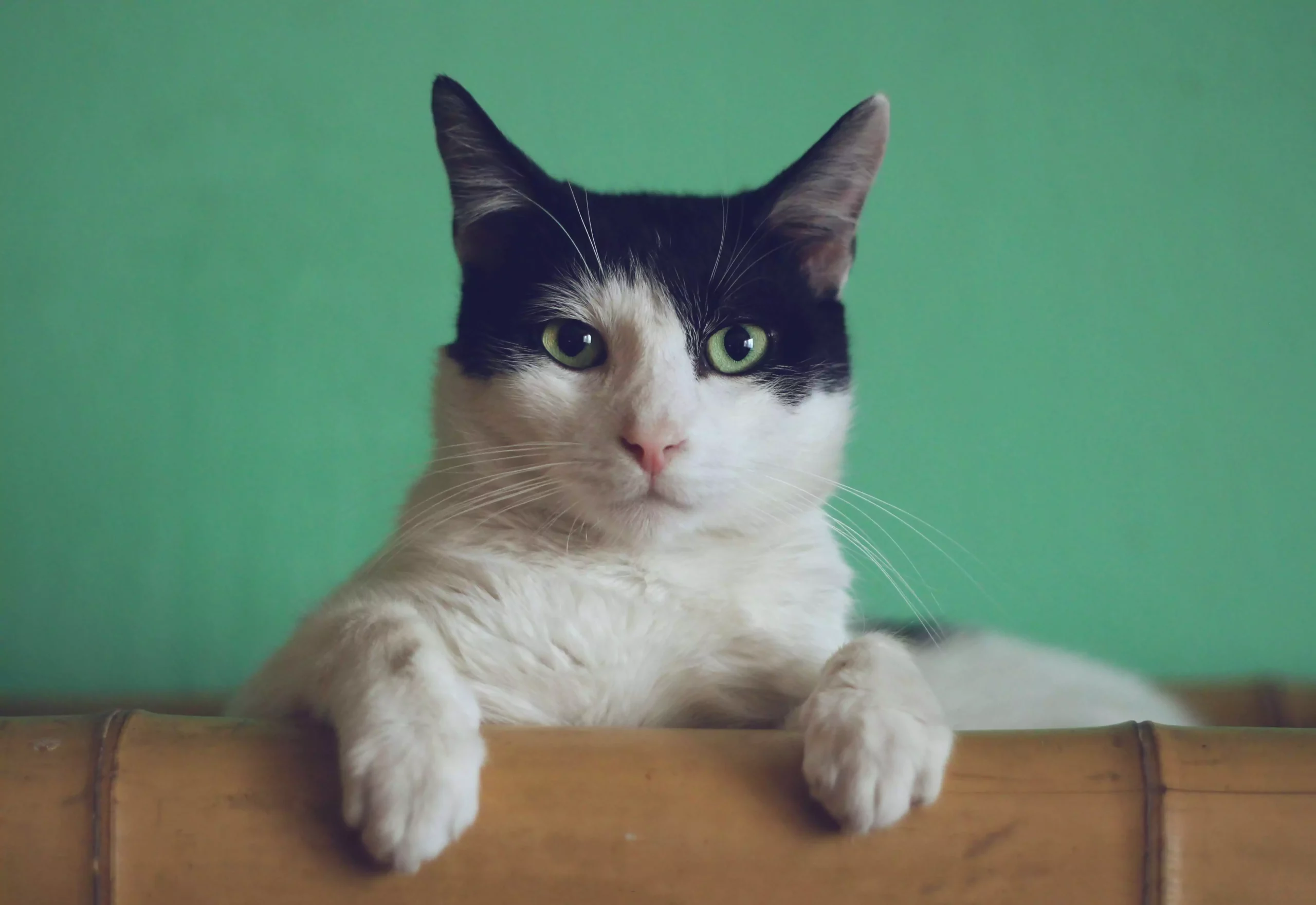
April 28th is Hairball Awareness Day. We know, this isn’t anyone’s favorite kitty holiday. Cat World Domination Day and Hug Your Cat Day are both much more fun to talk about. However, hairballs are something that most, if not all, people owned by cats will have to cope with sooner or later. An Ada, MI vet goes over some basics about hairballs in this article.
How Hairballs Form
Hairballs are an unfortunate side effect of one of Fluffy’s best traits: her cleanliness. Kitties are very diligent about grooming themselves. Every day, your feline pal will take time out of her busy napping schedule to tend to her fur. During the course of that beauty ritual, she will inevitably swallow some hair. However, cats can’t digest fur. You already know what happens next. It’s no fun for either of you. (The jury is still out as to whether cats deliberately leave their hairballs in the most inconvenient places possible, but that’s another topic.)
Prevention
Hairballs are to some extent ‘purr for the course’ with kitties. However, there are ways to prevent or at least reduce them. First and foremost? Brush your feline pal regularly. This will get dead fur and dander out of her coat, limiting the amount of hair she swallows. Keeping Fluffy inside will also help. Outdoor cats shed more than indoor pets, as they’re more exposed to the seasonal weather changes that trigger those seasonal wardrobe changes. (Bonus: your pet will be safer inside anyway.) Hairball preventatives can also help, and are particularly beneficial for kitties with long or thick fur. Ask your vet for more information.
Problems
Most of the time, after producing a hairball, your feline buddy will probably look at you smugly, yawn, and then go back to her daily kitty routine. However, sometimes cats have a hard time expelling their hairballs. This is extremely dangerous, as hairballs can get lodged in a cat’s gastrointestinal tract. Those types of blockages and ruptures can be life-threatening, and require immediate emergency treatment. Keep a close eye on your furry little friend, and watch for signs that something is wrong. Some red flags include excessive or forceful vomiting, dry heaving, reduced appetite, hiding, and withdrawal. Call your vet right away if you notice anything out of the ordinary.
Is your feline buddy due for an exam? Call us, your local Ada, MI animal hospital, today!





